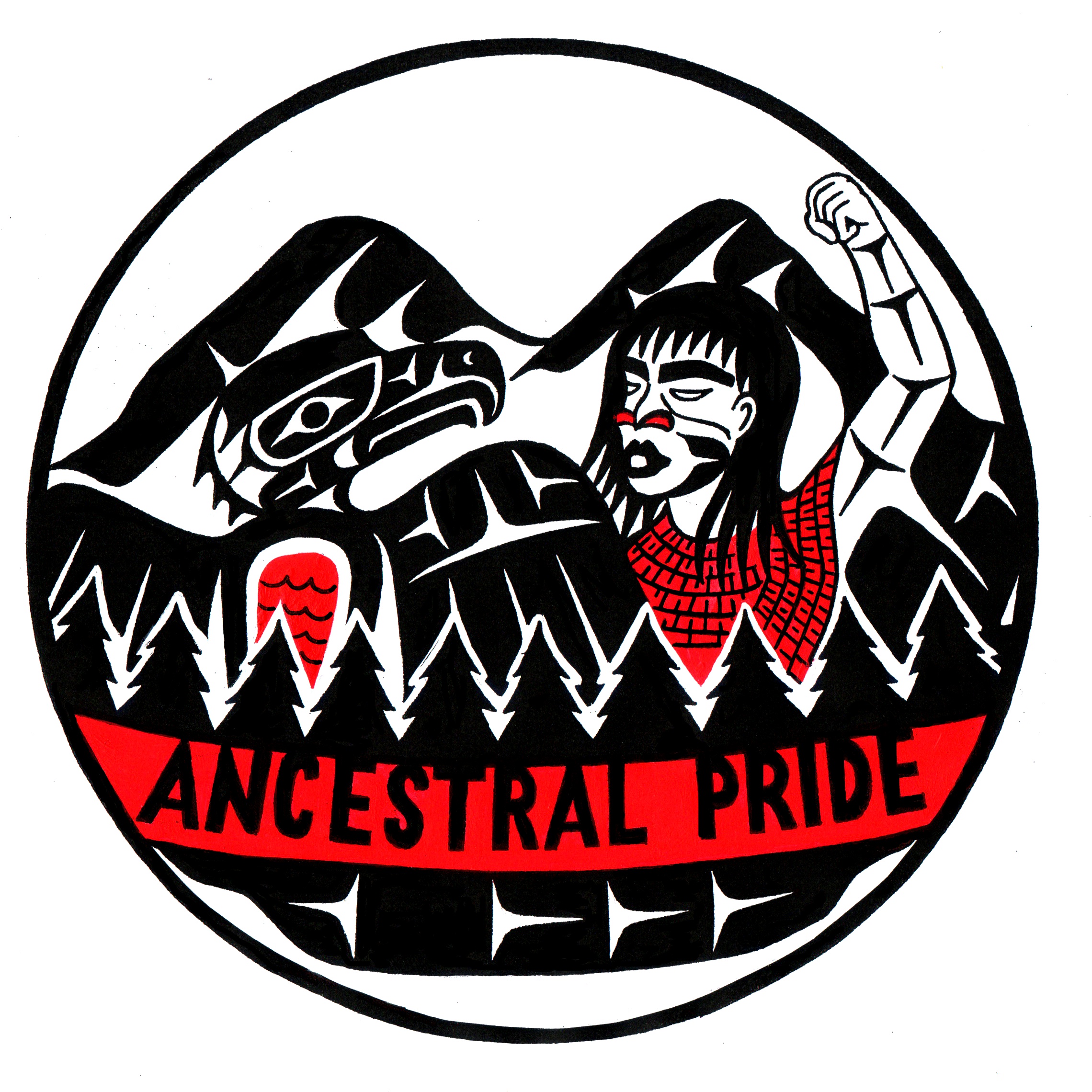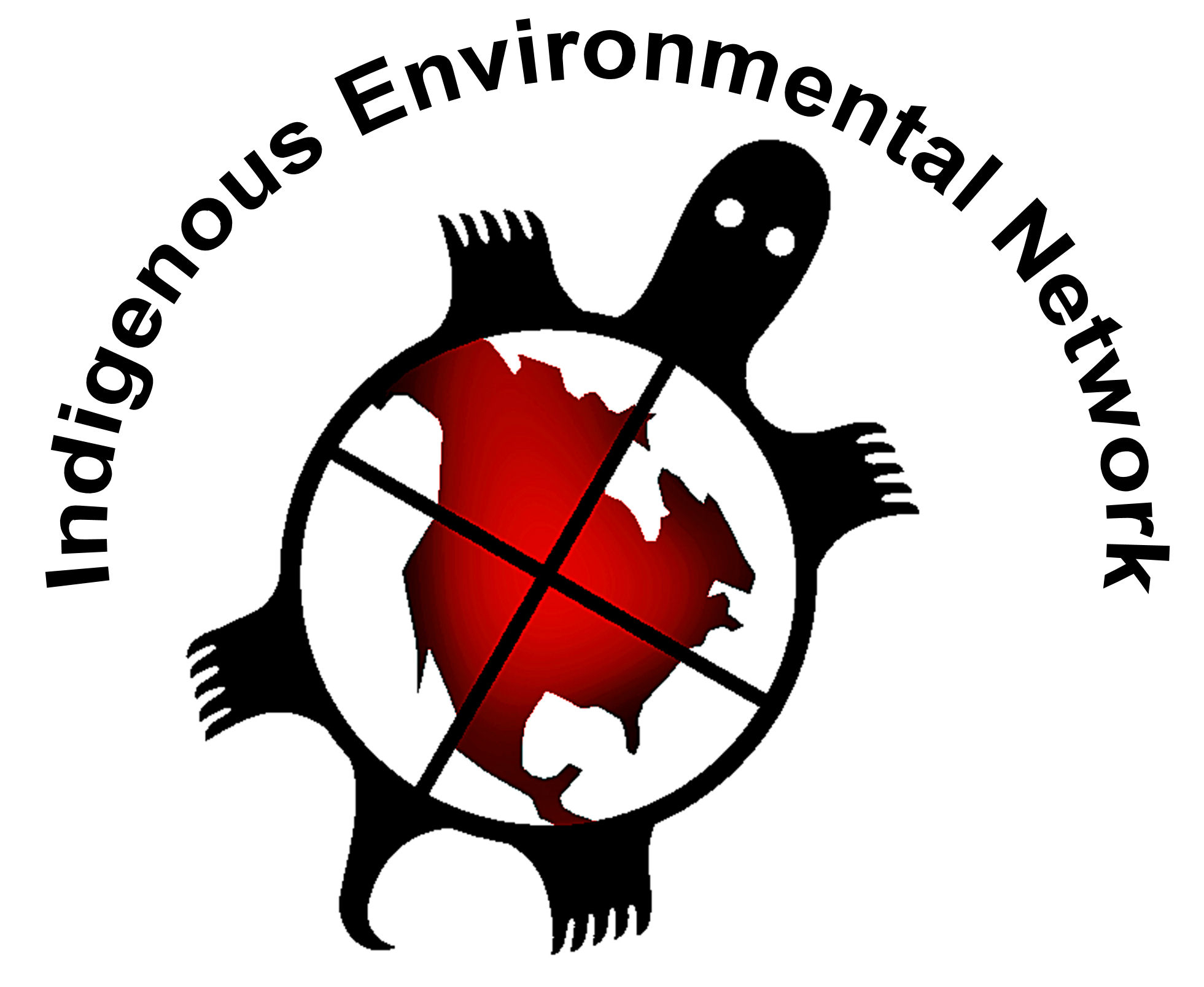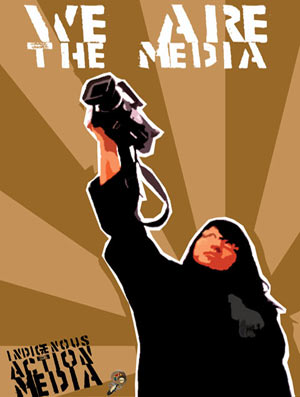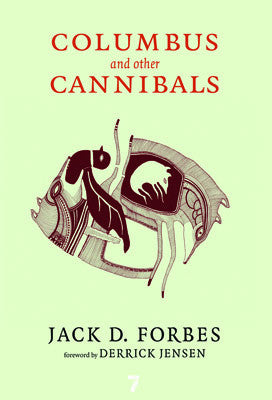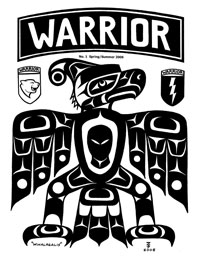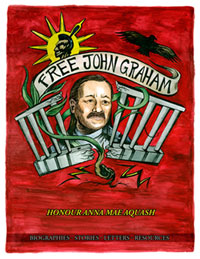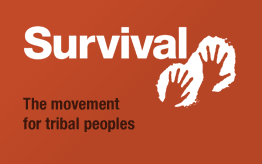 In response to Unsettling America’s call for translations, our comp@s at the Translation Collective have translated “Colonization & Decolonization” by Zig-Zag into German!
In response to Unsettling America’s call for translations, our comp@s at the Translation Collective have translated “Colonization & Decolonization” by Zig-Zag into German!
(The original English version is also available from our accomplices at Quiver Distro: read PDF | booklet PDF)
Kolonisierung und Dekolonisierung
von Zig-Zag
Ein Handbuch für indigene Befreiung im 21. Jahrhundert
Zum Gebrauch dieses Handbuchs
Dieses Handbuch ist in vier Teile gegliedert. Der erste Teil definiert Kolonialismus, seine Methoden und Geschichte bis heute (z.B. Invasion und Besetzung des Irak durch die USA). Der zweite Teil beschreibt im Detail die Effekte des Kolonialismus auf indigene Völker, einschließlich der soziologischen und individuellen Auswirkungen. Der dritte Teil untersucht das Konzept der Dekolonisierung, der vierte Teil diskutiert die Dekolonisierung in Nordamerika. Es wird erkennbar, dass die Befreiung der indigenen Völker in Nordamerika eng verbunden ist mit einem globalen Prozess des Widerstands und des Überlebens. Dieses Handbuch ist sowohl für den Selbstunterricht als auch für die Verwendung im Unterricht gedacht. Die [im Anhang] folgenden Stundenpläne können in der Schule genutzt oder angepasst werden.
“Wissen macht eine Person unfähig Sklave zu sein” – Frederick Douglas
Einleitung
“Befreiung ist die Aufgabe, die uns durch unsere Eroberung und Kolonisierung aufgezwungen wurde.” – Chinweizu, The West and the Rest of Us, Seite 33
Kolonialismus: Die Praxis, andere Länder und Territorien zum Zweck der Besiedlung und/oder der Ausbeutung von Ressourcen zu überfallen.
Wenn eine Invasionsmacht auf eine indigene Bevölkerung trifft, die eine Territorium bereits besetzt hält, wird Kolonialismus zum gewalttätigen Konflikt zwischen zwei feindlichen und entgegengesetzten Lebensweisen, von denen die eine der anderen ihren Willen aufzuzwingen sucht. Dies ist eine Standarddefinition des Krieges. Kolonisierung kann als Krieg um Territorium verstanden werden, der alle Mittel der Kriegsführung einbezieht: militärische, politische, ökonomische, psychologische, diplomatische, kulturelle, etc.
Cecil Rhodes, der britische Kolonialoffizier, nach dem Rhodesien benannt wurde (heute Zimbabwe), formulierte die Motive und Ziele des europäischen Kolonialismus im 19. Jahrhundert:
“Wir müssen neues Land auftun, wo wir auf einfache Weise an Rohstoffe kommen und zugleich die billige Sklavenarbeit ausbeuten können, die durch die Ureinwohner der Kolonien verfügbar ist. Die Kolonien würden ebenfalls einen Schuttplatz für die in unseren Fabriken produzierte überschüssige Ware bieten.”
Aufgrund seiner Geschichte und Kultur ist der europäische Kolonialismus durch Praktiken des Genozids gekennzeichnet, inklusive Vernichtungskriege, Massaker an Nicht-KombattantInnen, biologische Kriegsführung, Politik der verbrannten Erde (Zerstörung von Nahrung und Unterkunft). Andere Gräueltaten sind etwa die Folter von Gefangenen, Vergewaltigung und Versklavung der indigenen Bevölkerungen. Diese Taten wurden von einer rassistischen und patriarchalen Ideologie (z.B. Christentum und weißer Überlegenheitsglaube) angetrieben, von Gier und einem psychopathischen Verlangen zu töten, anderen Gewalt und Leid zuzufügen.
“Psychopath n. Eine Person mit einer antisozialen Persönlichkeitsstörung, die sich in aggressivem, perversem, kriminellem oder amoralischem Verhalten ohne Mitgefühl oder Reue ausdrückt.” – American Heritage Dictionary, Seite 1415
Stufen des Kolonialismus
Methoden und Geschichte der Kolonisierung sind aufgrund vieler verschiedener Variablen (Geographie, Bevölkerungsdichte, Ressourcen, etc.) in jedem Fall einzigartig. Dennoch gibt es ein leicht erkennbares gemeinsames Muster. In den Amerikas, Afrika und Asien bestand die Kolonisierung im Allgemeinen aus vier Stufen: Aufklärung, Invasion, Besatzung und Assimilation.


 Unsettling America has previously featured content from Radio Against Global Ecocide (RAGE), particularly their
Unsettling America has previously featured content from Radio Against Global Ecocide (RAGE), particularly their 



